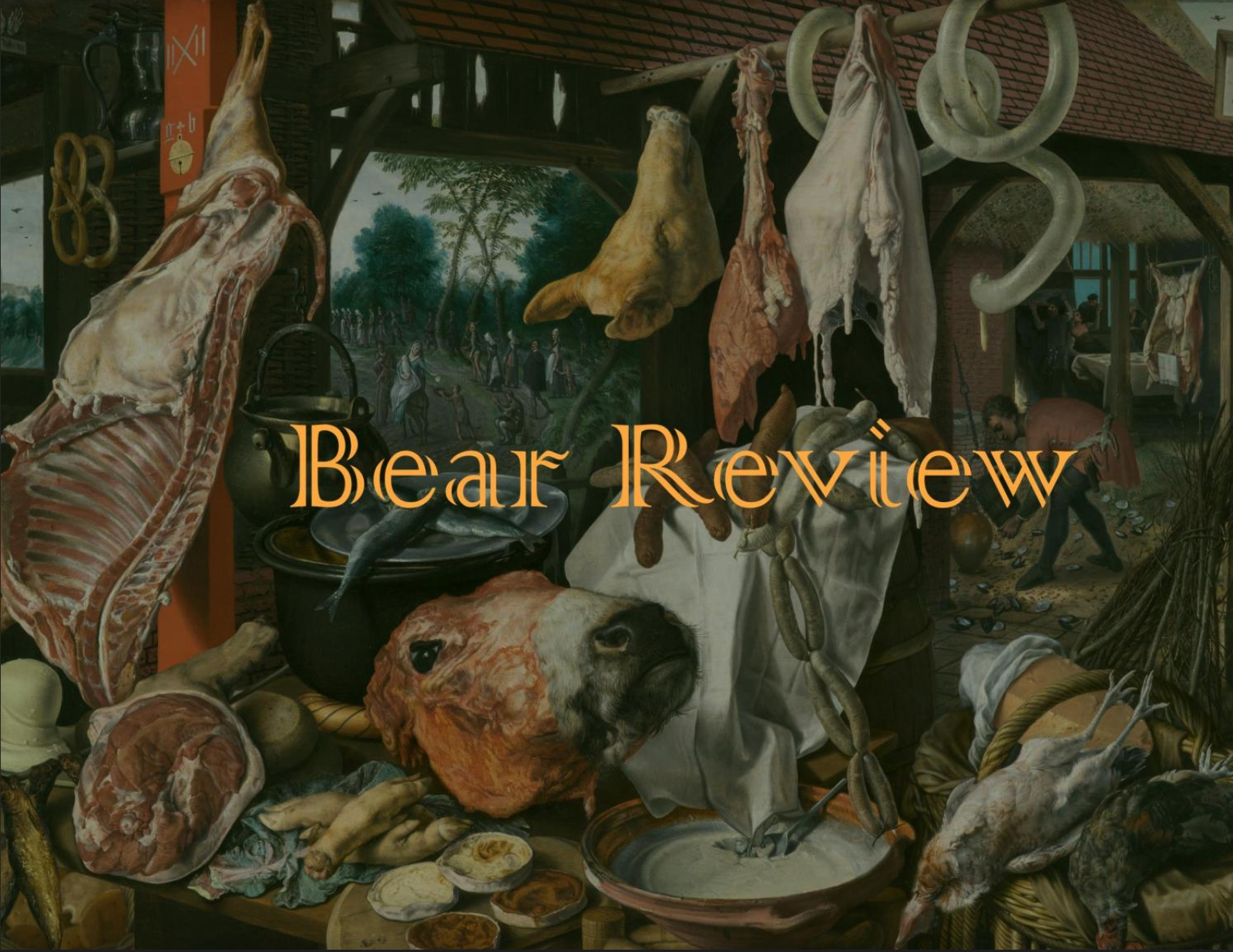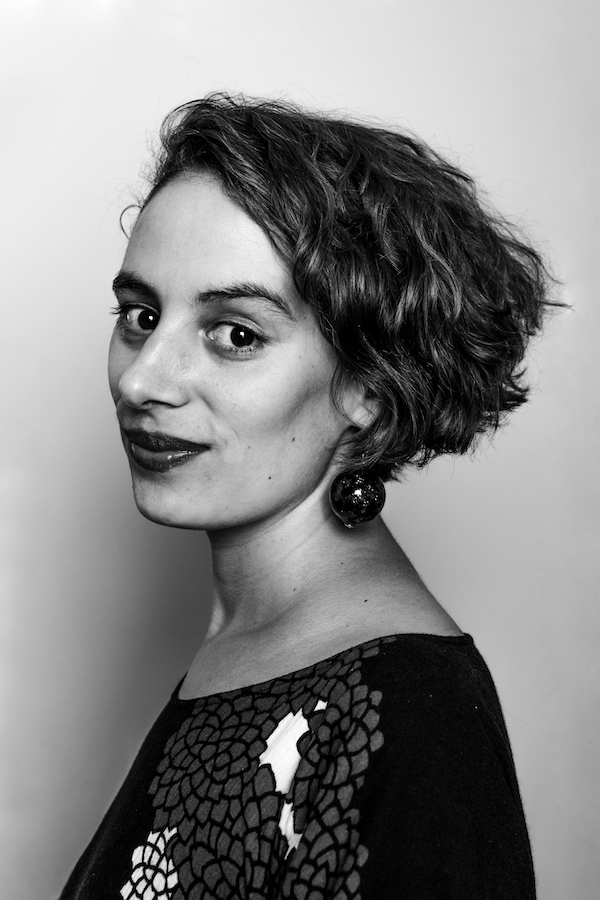When I started writing fiction, I envied the community poets had—or at least that I believed they had. Fiction writers seemed crankier, more elusive, harder to pull out of their rooms. I had recently made the jump from acting to writing and a part of me relished the time alone—so similar to the hours in my room as a kid conjuring up plots, dancing with imaginary partners. But another part of me longed for the dozen-limbed body of a group at work, getting on each other’s nerves, being late, lazy, rushed, making art together. Now, in these months, I’m in my room far more than I like, and many of the poets are in their rooms too, and many of the actors, and others lucky enough to be able to tuck themselves away in order to protect each other.
This past year, I’ve been returning to Ama Codjoe’s poem “Superpower” for many reasons. One is purely selfish: the opening of the poem draws on a conversation Codjoe and I had with another friend at an artists’ residency. Over lunch, we imagined a new superhero, a woman whose gold hoop earrings could morph into weapons. It gives me pleasure to remember that moment: the warmth of my friends’ laughter, the challenge of their intelligence, the lake only a few hundred yards away with water so clean I swam in it instead of bathing. I miss that summer; I miss my incautious salad-making-and-eating, how close we all sat, the giant chunk of cheddar we passed from hand to hand to make sandwiches.
A sense of longing brings me back to Codjoe’s poem, yet the poem’s subject quickly shifts and yanks me out of myself (perhaps this too is why I return). Each time I read “Superpower,” I’m astonished by the turns the poem keeps making: from the playful to the horrifying, spanning over a hundred years in a few lines. The poem moves from an imagined fantasy of a superhero, to the folk hero John Henry, to an unnamed enslaved woman, to a (re)imagined memory of the speaker’s mother. The poem’s opening image is funny and sharply-angled, like the first image of a comic strip, poised for action, yet this is not a funny poem. It uses humor as the set-up for a meditation that turns not sour but rich with history and introspection.
As a prose writer, I’m astounded by both the speed and capaciousness of Codjoe’s short lines—how does one do so much, so quickly?—and the daring to connect seemingly disconnected images. Because these ideas and acts are connected. In Codjoe’s poem we see how. The casualness of violence labeled “heroic” and packaged as children’s entertainment, the erasure of violence against Black women, the heroic, quotidian labor of one woman creating food for her children, all are linked through the mind and memory of the speaker, an “I” as big as a person herself.
The image of an earring opens and closes the poem but by the final lines the feeling of that image has changed. It’s not only a different earring but the meaning of adornment and defense, and adornment as defense, has shifted. I’m reminded of all the earrings I’ve held within my body, given to me by my friends, my partner, my mother, some lost, some too perilous to wear because they tear at my ears or cleave to my lobes and refuse to come off. The poem asks me to consider the different costumes I wear and how I peel off these adornments when I feel I can stop at the end of the day. The poem, like the company (the presence as much as the words) of a friend, brings me both outside of and back to myself.
Codjoe’s poem reminds me of the infinite networks of connection and succor between artists and friends and artist-friends, of how a self can be held and heard in these connections and also allowed to move far beyond them. I read it and wait to leave my room, to join with friends again. I read it and remember that those salad days at the residency were days of heartbreak and violence too, that summer was also the summer of the Pulse nightclub shooting, of Philando Castile’s killing. I read it and remember that the poem itself was probably written in a room, remembering another room, a series of doors opening into the past and the imagination. Codjoe’s poem shows us how even small rooms are limitless if we are able to see all that is really in them, if we are open to both the tangents of the mind and the layers of history.




